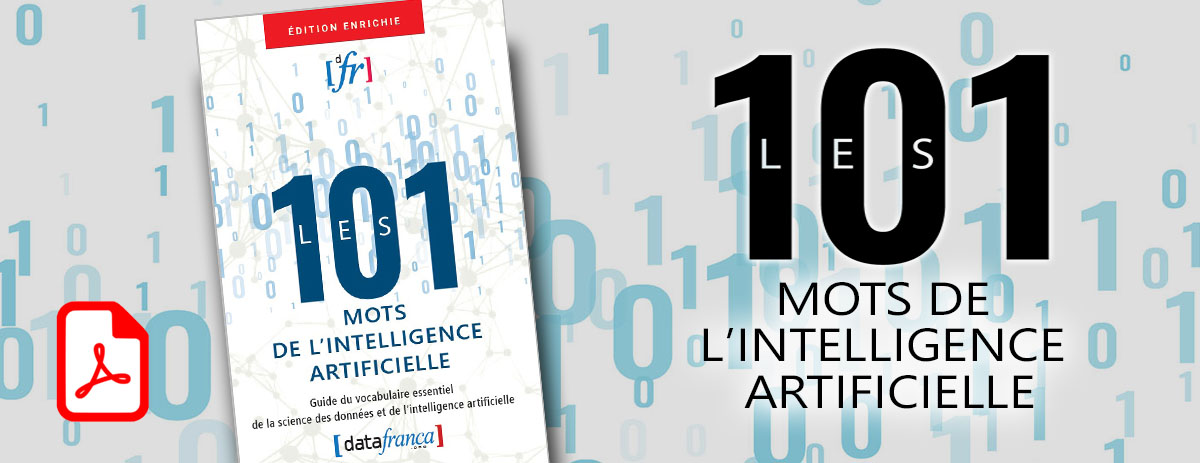Semantic reasoner
Domaine
Définition
Français
Anglais
Semantic reasoner
A semantic reasoner, reasoning engine, rules engine, or simply a reasoner, is a piece of software able to infer logical consequences from a set of asserted facts or axioms. The notion of a semantic reasoner generalizes that of an inference engine, by providing a richer set of mechanisms to work with. The inference rules are commonly specified by means of an ontology language, and often a description logic language. Many reasoners use first-order predicate logic to perform reasoning; inference commonly proceeds by forward chaining and backward chaining. There are also examples of probabilistic reasoners, including Pei Wang's non-axiomatic reasoning system,[1] and probabilistic logic networks.[2]
Contributeurs: Claude Coulombe, wiki










